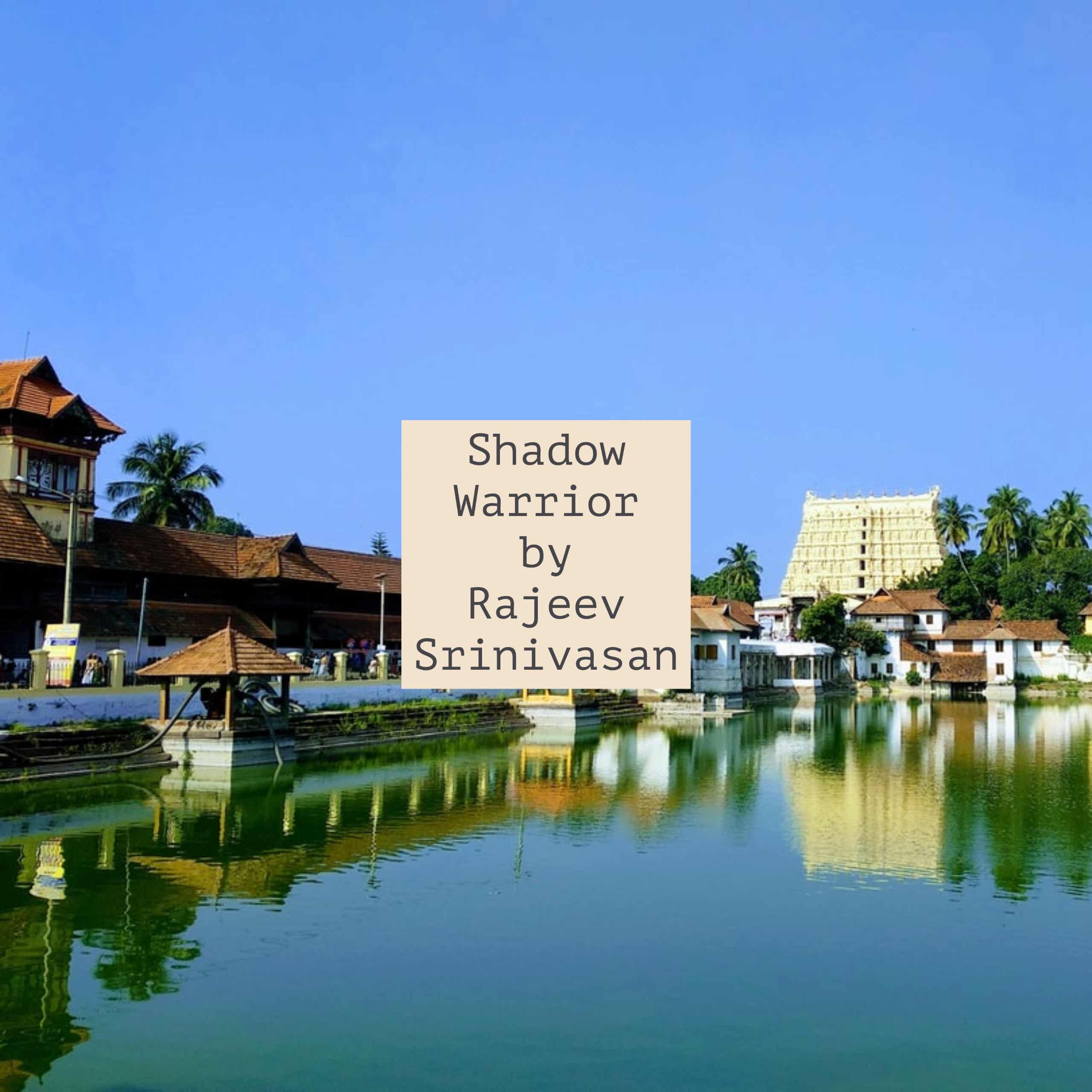Ep. 85: A deplorable Supreme Court decision on Demonetization
Description
A version of this essay was published by thepamphlet.in at https://www.thepamphlet.in/en/shadow-warrior-a-deplorable-supreme-court-decision-on-demonetization/
The Supreme Court, in a 4:1 judgment, held that the 2016 Demonetization was acceptable. The dissenting judge, well, dissented, saying that it was flawed. This decision sets an awful precedent that will come back to haunt us all, and the judiciary is respectful of precedent. The law of unintended consequences will strike.
It is not that demonetization per se was a bad idea, or that it was executed poorly, or that its goals were not met. It was a pretty good idea, it was executed moderately well, and the declared goals, to reduce corruption, terror funding through counterfeit notes, and to increase the proportion of ‘white’ money in circulation, were met to an extent.
No, the problem is twofold: one, an unprecedented and unwarranted level of judicial overreach and encroachment into the domain of the Executive; two, the common sense principle of fait accompli: this is a done deal, and it is essentially impossible to undo it.
The point is that the judiciary has its role, which is in hair-splitting legal jargon and in particular the verbiage of the Constitution. With all due respect, judges are not trained in other disciplines, and would be hard-pressed to understand economics, or engineering, or medicine, or military affairs. They simply will not be able to make judicious decisions (to give them credit, the majority opinion did concede this). But then, they should not take up such cases in the first place.
I can imagine motivated petitioners waiting in the wings to now ask the Supreme Court to undo the 1971 Bangladesh War, the decision to impose covid-related mandates, or the Mangalyaan space probe. In fact, you could find somebody to make a cogent argument that the Constitution should not have been accepted in 1950, and that it should be rolled back.
There is no end to such litigation, and if it is allowed to proliferate, it would clog up the entire judiciary. Of course, the entire judiciary is already clogged up with 30 million cases, so why open the flood-gates and invite more frivolous litigation?
As for the law of unintended consequences, there is the recent experience of the Democrats in the US. After years of claiming ex-President Trump’s tax returns would reveal deep, dark secrets, they forced him to reveal them: and it was a damp squib, with nothing of significance, no tax evasion. But the precedent has been set, and the Republicans will now use this to harass every Democrat alleging skeletons in their tax closets.
The Indian Supreme Court should stick to its fundamental task: interpreting the Constitution. Not being a lawyer, I cannot say authoritatively that there is no constitutional issue in the anti-demonetization lawsuit, but I doubt it. It is a purely administrative issue, and thus the domain of the Executive, just as making a multitude of daily decisions is.
The activist Indian courts have long been accused of interfering in everything while at the same time creating cozy little fiefdoms for themselves, for instance in the continuous creation of post-retirement sinecures for judges, the most recent being the demand that retired judges should be on the committee choosing the Chief Election Commissioner.
The most obvious example of bad faith is the judiciary’s closed and opaque Collegium system, wherein they nominate and appoint themselves, with the predictable result of nepotism and hereditary elites. It is high time that Parliament put a stop to this, and created new laws that mandate a role for the Executive. The proposed NJAC could be one way forward. If the NJAC is unconstitutional, well then, bring in a constitutional amendment.
Many people have talked about judicial reforms; I too took a stab at it a few years ago (“Can we fix the deeply troubled judiciary?” Swarajya, May 2018). One of my points was the radical restructuring
More Episodes
A version of this essay has been published by firstpost.com at https://www.firstpost.com/opinion/opinion-what-makes-trump-a-better-candidate-for-india-and-world-13831800.html
An AI-generated (courtesy notebookLM.google.com) podcast based on this essay is here:
In all humility, I accept that my...
Published 11/03/24
The potential consequences of a Trump presidency for India span multiple dimensions, including military, economic, trade, cultural, financial, and social aspects. Here’s an overview of these impacts:
Military and Geopolitical Implications
- Defense Ties: Under Trump, India may continue to...
Published 10/27/24


